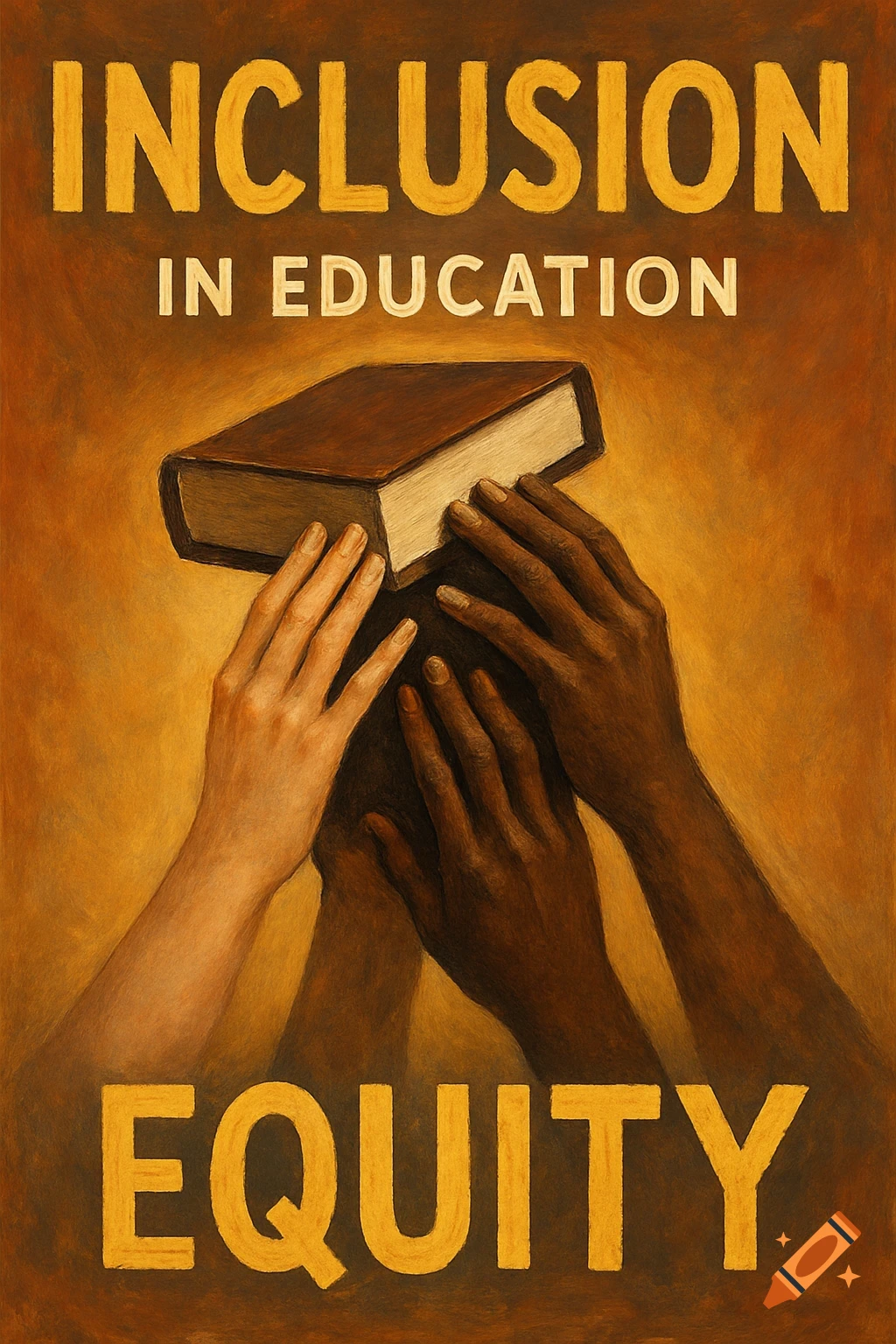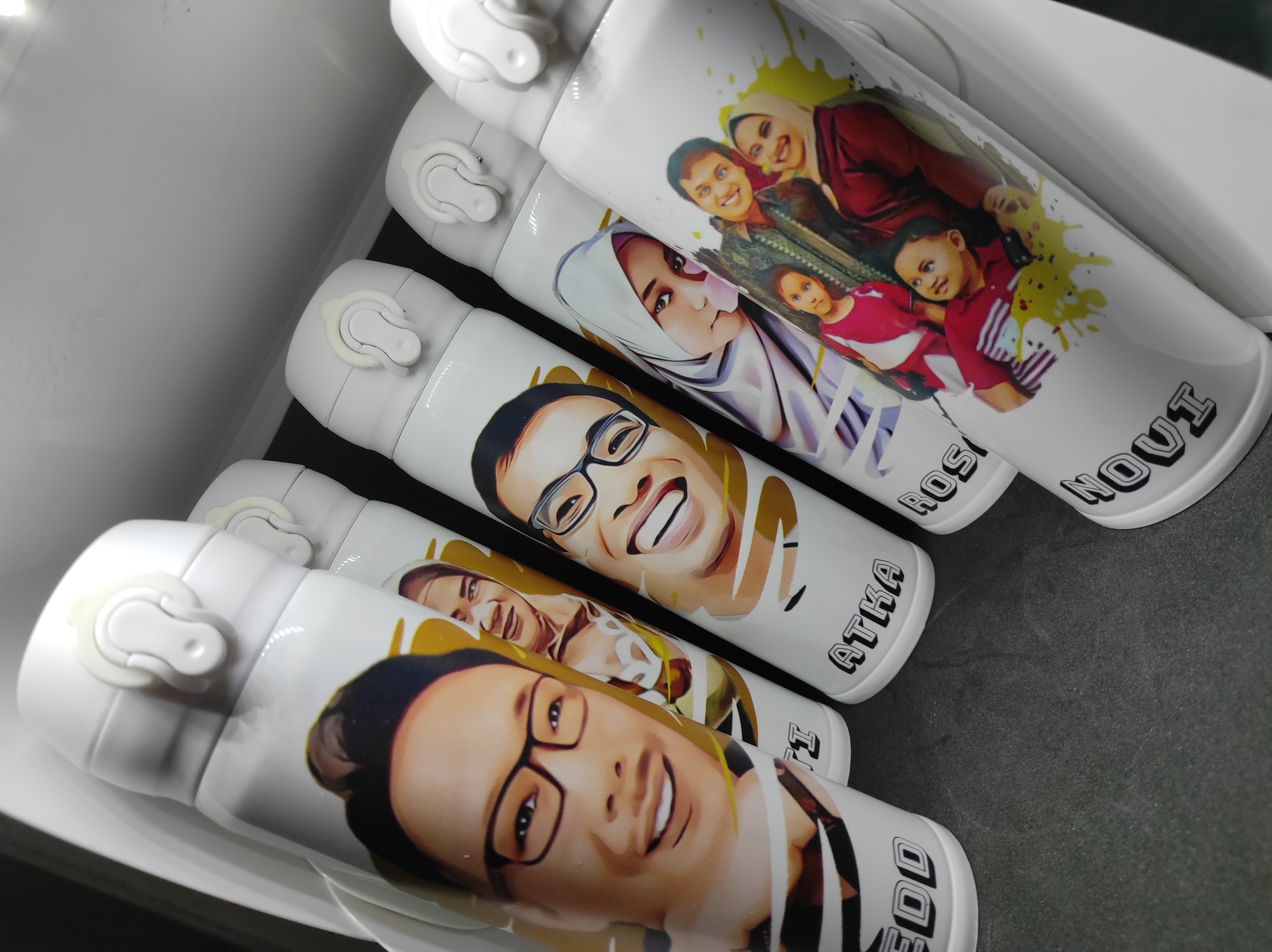free school in indonesia: a dream or an utopia
free school in indonesia: a dream or an utopia
Aug 05, 2025
27
free education, a milestone for human rights and the inclusive future of indonesian education

The Constitutional Court decision to implement free nine years of education marks a significant step forward in realizing social justice and ensuring the right to education for every child in Indonesia. This ruling affirms that the state has an obligation to guarantee free primary education without discrimination, whether in public or private schools. While this policy is a positive and necessary move, its implementation will face various challenges, including budget constraints, coordination among institutions, and the private schools readiness to comply with the policy.
Local governments play a crucial role in the implementation of this policy by formulating strategic measures, such as the verification and validation of private schools, ensuring that assistance is received by students, particularly those from low-income families. Moreover, it is essential to conduct regular audits and performance reports to ensure the accountability of funds and maintain the quality of education in private schools at par with public schools. The partnerships establishment between public and private schools is also an important part in sharing best practices and enhancing the overall quality of education.
On the other hand, active participation from civil society and non-governmental organizations (NGOs) is necessary to monitor the implementation of this policy. Civil society can serve as a watchdog, while NGOs can provide relevant information, offer support, and advocate for marginalized groups. A collaboration between the government, civil society, and NGOs will strengthen this policy, ensuring its effectiveness and providing equitable and quality education for all children in Indonesia.
Education is not about buildings or expensive uniforms, but about providing every child with a fair opportunity to grow and dream. If properly implemented, this ruling will ensure that the fundamental rights of every child, especially the right to quality education, are upheld without discrimination. One of the primary rights guaranteed by this Constitutional Court decision is the child's right to education without discrimination. In this context, free education is not only intended for children from affluent families but also for children from poor and marginalized backgrounds. With this policy, every child in Indonesia is entitled to the same opportunity to receive quality education, regardless of their social and economic background.
This ruling also guarantees the right of poor communities to equal access to learning opportunities. Education is a fundamental right that must be provided to every child, particularly those from economically disadvantaged families. With free education, children from low-income families will no longer be hindered by high educational costs. This policy enables them to access education comparable to that of children from wealthier families, thus reducing social inequalities and offering greater opportunities for children from poor families to pursue their dreams.
In addition to access, the right to a quality educational environment is also a key focus of the implementation of free education. Through this policy, it is hoped that the distinction between public and private schools will be eliminated, ensuring that the quality of education in both types of schools is equivalent. Therefore, the government is expected to ensure that there is no significant difference in the quality of education between public and private schools, allowing every child the opportunity to develop and reach their full potential.
Furthermore, this ruling guarantees the right of parents to choose the best education for their children without the burden of excessive economic strain. The cost of education has often been a barrier for parents in selecting the best educational options for their children. With free education, parents will no longer be burdened by high school fees, enabling them to choose education based on the needs and interests of their children without compromising the family's financial well-being.
Finally, this ruling should be understood as a systemic transformation that calls for reform in the governance of education at all levels. If supported by accurate technical strategies and strong political will, Indonesia can create a primary education system that is not only free but also of high quality and equitable. This ruling is not merely a legal symbol but a new moral direction to redefine social justice in education. If implemented correctly, this policy will bring about significant changes in creating inclusive, high-quality, and equitable education for all children in Indonesia. As a result, educational justice will no longer be a slogan but a reality that can be felt by children from the remote areas of East Sumba, the dense neighborhoods of South Tangerang, and the valleys of Baliem.
Quotes.
"punya teman adalah baik, tidak punya teman tidak apa-apa.tetapi setiap salah harus minta maaf."- dahlan iskan
"dimana pun, disetiap kesempatan, dalam satu kesederhanaan kalimat, saya hanya ingin dikenang sebagai orang yang berguna."- melanie subono
"mengutuk kegelapan baik, menyalakan cahaya jauh lebih baik."- anies baswedan
"segala yang mudah akan membuat segala sesuatu menjadi sulit."- rhenald kasali
"pergi paling romantis adalah untuk pulang."- myself

loading ...


